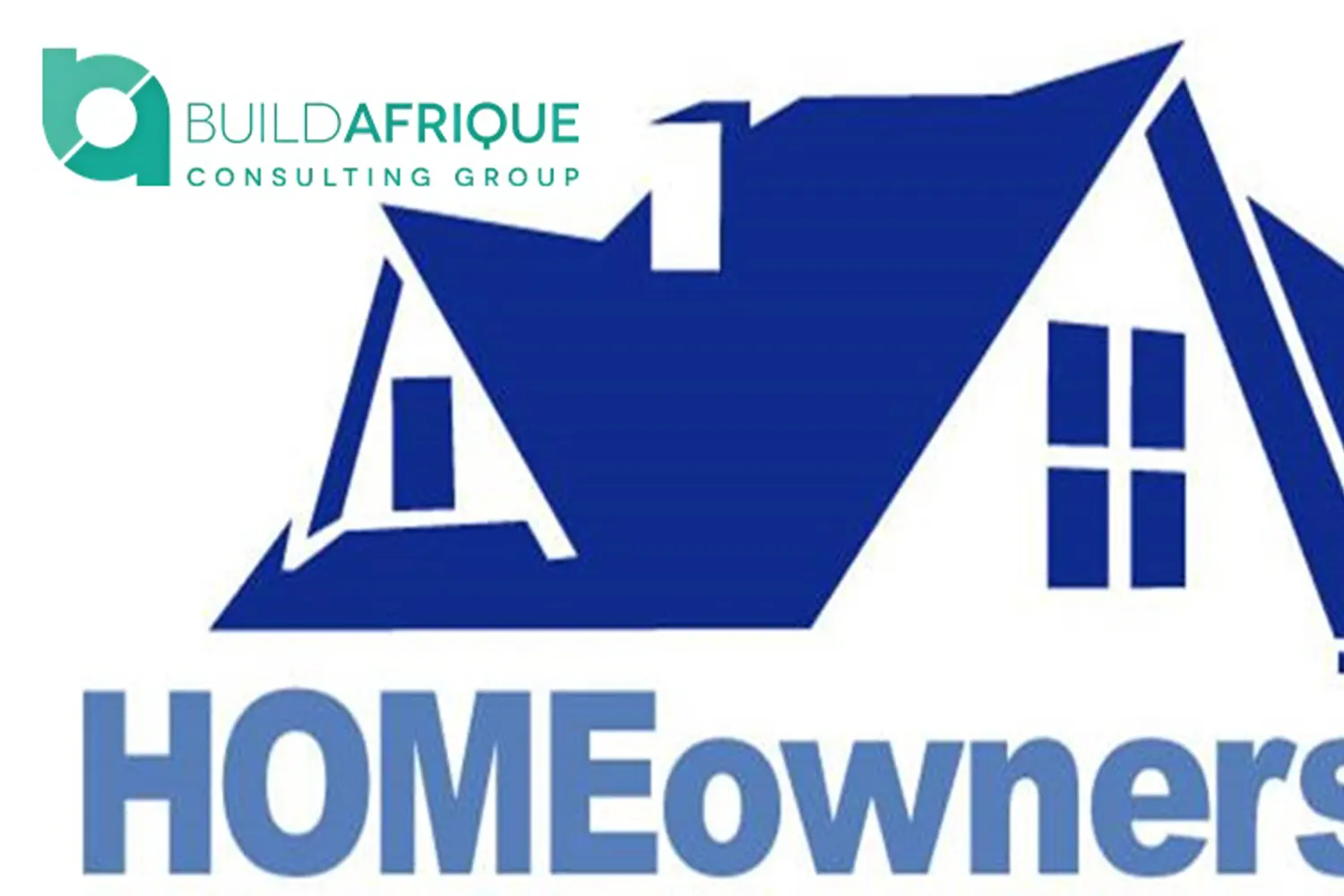Insights
Owner Financing – An alternative for Rent home ownership

The Interest rate capping in 2016 was received with varied reactions as professionals in the financial sector questioned the necessity for political intervention, warning dire repercussions. While the intervention has been famous in some quarter, in a broader sense, it has not benefited the economy. In a credit survey by the CBK, for the last quarter of 2016, there was a general increase in the demand for loans across all sectors of the economy attributed to the rate caps. However, the actual credit advanced did not increase in the same proportion as the demand. Banks have since resorted to raising fees on loans and service charges to cover the gap in their profit margins. However, most have failed, leading to an overall diminished incentive to lend and stringent qualifications imposed in credit advances.
As a result, more people looking to buy homes are having difficulty qualifying for traditional bank loans. More than ever before, banks are necessitating high down payments and high credit scores before approving a loan application. Fortunately, these motivated home buyers have the option of purchasing homes that are owner financed also known as seller-funded homes. Owner financing occurs when a property buyer finances the purchase directly through the person or the entity selling it.  In simple terms, owner financing eliminates the middleman. Buyers who are unwilling to pay the prevailing market interest rates may consider owner financing as a purchase alternative. Today, we look at Owner financing as an alternative way to purchasing a home in Kenya.
In simple terms, owner financing eliminates the middleman. Buyers who are unwilling to pay the prevailing market interest rates may consider owner financing as a purchase alternative. Today, we look at Owner financing as an alternative way to purchasing a home in Kenya.
In this form of real estate deals, the seller does not hand over funds to the buyer as a mortgage lender would. Instead, he or she extends adequate credit to the buyer to cover the purchase price of the home, less the down payment.
The seller issues a promissory note to the buyer spelling out the terms of the loan, repayment schedule, interest rate if any, and the consequences in case of default.
The buyer then makes regular payments until the sum is paid in full.
Owner financed homes are different from rent to own homes in the sense that they avoid the lease option and rental terms, therefore, allowing a buyer to own the home right away. Usually, owner financed deals are short-term as most home sellers do not want the trouble of collecting payments over a couple of decades. A typical owner funded agreement may stipulate a 30-year loan repayment period, with a balloon payment required after 5 years. This is to say that the buyer makes regular payments in accordance to a 30-year repayment plan but pays the outstanding balance at the end of 5 years. The notion behind this is that by the end of the said 5 years, the buyer should have built sufficient equity in the home or have had adequate time to improve his/her credit score to meet the requirements of a conventional mortgage loan.
While seller or owner financing is advantageous to both seller and buyer, it is important to take note of the possible risks.
Advantages to buyers include:
Fast and cheap closing process unlike banks.
The purchase can be negotiated with lower down payment, and affordable repayments.
It provides an alternative to those who cannot secure a mortgage.
Disadvantages to buyers
A seller may not be willing to become your lender if you pose a default risk even if the said seller is open to owner financing.
If one cannot secure financing when the balloon payment is due, the seller may retain the house and all the money paid.
The seller could demand a high interest rate.
Advantages to Sellers
One may get higher returns from the sale, compared to other investments.
One can sell the promissory note to another investor to acquire a lump sum right away.
Allows one to sell faster
In case of default, a seller retains the house, the down payment, and repaid principal.
Disadvantages to sellers
If a buyer defaults and refuses to walk away, the seller may resort to foreclosure. In such cases, the seller incurs costs in fees, and the process may consume a lot of time.
One might have to incur repair costs if the buyer did not care for the property.
Where a seller has an outstanding mortgage on the home, it is necessary to get approval from the lender first. Typically, one is required to own the house free and clear before sale
Whether you are a buyer or a seller, it is almost mandatory that you consider the services of an attorney to draft the sales agreement and promissory note. Also, sellers should run a credit check on potential buyers and require a down payment that gives the buyer a stake in the home making it less likely that they will default. On the other hand, buyers with poor credit rating should focus on improving their credit score to allow them to refinance before the balloon payment is due.
Related
Insights
Hotel And Hospitality Investment Feasibility Studies Experts In Kenya
Buildafrique is a Hotel and Hospitality Investment Feasibility Studies Expert in Nairobi…






